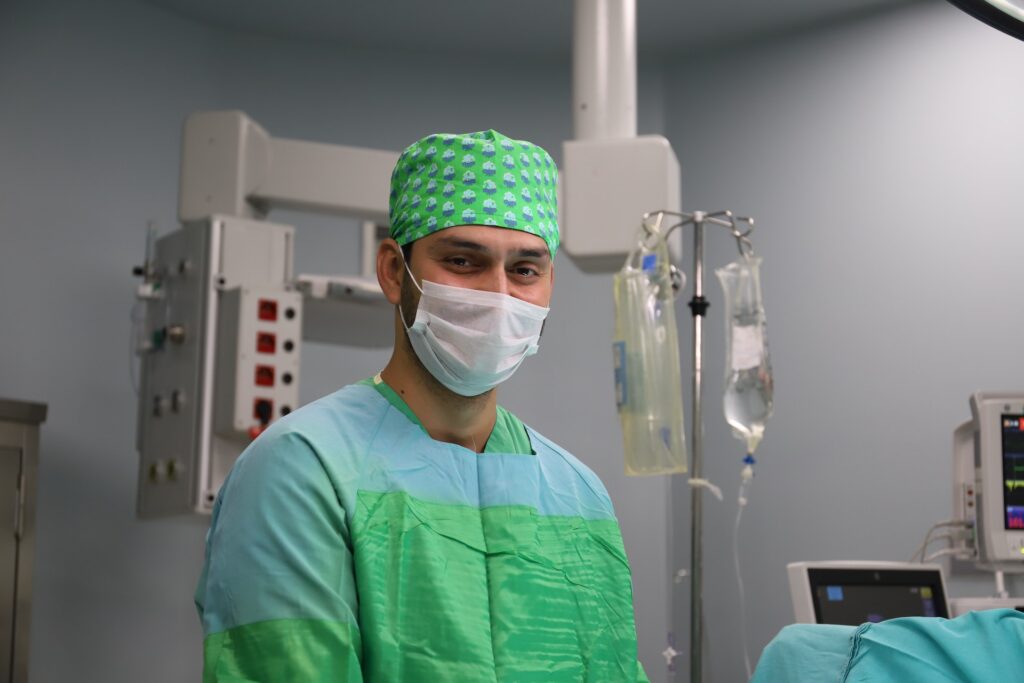
What to Expect in Plastic Surgeries
Before undergoing any plastic surgery, patients should understand what to expect during and after the procedure. Here are some essential tips that can help them prepare for their surgery. You should also know what to expect regarding pain medication and pre-operative instructions. This will help you plan for your surgical procedure, and it will also help you determine whether the surgery is right for you.
Pre-operative Instructions
To have the best possible surgical experience, it is essential to prepare thoroughly for plastic surgery with the help of experts and specialists in plastic surgery Raleigh NC. While pre-operative instructions are different for every procedure, there are some general guidelines that all patients should follow. This information is not meant to replace the instructions provided by the plastic surgeon but to help patients understand what to expect from their procedure.
Healthy nutrition is essential before plastic surgery. Smoking, excessive drinking, and overeating can all compromise the healing process. A balanced diet is the best way to get the desired results. Smoking should be avoided for at least four weeks before surgery. Nicotine can affect the healing process and increase the risk of infection. It is essential to consult with your plastic surgeon to find out which medications and supplements you should avoid, including narcotics.
Patients should dress appropriately before their surgery. They will be asked to change into a gown and have a consent form signed before they are allowed to go under anesthesia. During this time, they should also ask any last-minute questions and make necessary arrangements. They should also have someone stay with them for a few days following the surgery, which can be physically and mentally exhausting.
Recovery
Before you go in for plastic surgery, you should know what to expect from the recovery process. Of course, your recovery will differ according to the type of procedure you’ve chosen. However, you can follow some general guidelines to ensure a quick recovery. Firstly, remember to stay hydrated as much as possible. This will help flush the anesthesia and medications from your system. Additionally, it will boost energy and improve digestion. Having a few easy-to-store meals at hand is also a good idea.
After plastic surgery, you will likely require some time off work and home care to heal. You may ask a friend or family member to help you with specific tasks. You can also plan a calendar with important events and functions to help you get through your recovery. You’ll also need someone to drive you home and stay with you for 24 to 48 hours.
Pain Medications
Although opioids are widely used, they also have several side effects that can make them inappropriate for plastic surgery patients. In addition to respiratory depression, opioids can cause thromboembolic phenomena. Recent studies have shown that 17% of patients have experienced severe side effects from opioids after plastic surgery. In these cases, multimodal pain management is often the best treatment.
Nonsteroidal anti-inflammatory drugs (NSAIDs) reduce pain by reducing inflammatory activity in the body. These include ibuprofen, naproxen sodium, celecoxib, ketorolac, and acetaminophen. In addition to nonsteroidal anti-inflammatory drugs, ketamine is used to treat pain. Some psychoactive drugs, such as midazolam and gabapentin, can also be prescribed to alleviate pain.
To reduce the risk of opioid abuse, plastic surgeons are prescribing fewer pills than in the past. For example, they may prescribe only ten Vicodin tablets to breast augmentation patients instead of the thirty or sixty they once prescribed. Some surgeons also prescribe patients with longer-acting local anesthetics, reducing the need for opioids.
Cost
The cost of plastic surgery can vary greatly, depending on several factors. The location of the surgery center and the patient’s spending power will play a significant role in the overall cost. The quality of the surgical materials used can also differ significantly. Generally, higher-quality materials are more expensive. The surgeon’s fee is also essential. Some surgeons charge more for follow-ups and touch-ups.
The overall cost of plastic surgery can vary based on the number of procedures performed. Therefore, some patients opt for one or more systems and combine them to get optimal results. For example, a breast lift with implants improves the breast profile and size, while eyelid surgery with a brow lift rejuvenates the upper facial region. Likewise, a tummy tuck combined with liposuction can help achieve trimmer, more sculpted abdominal contours.
